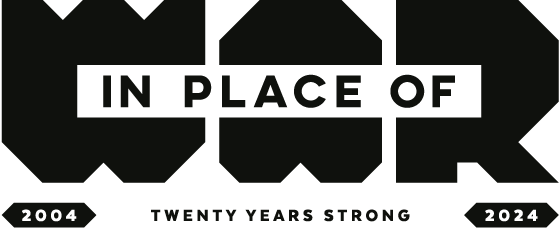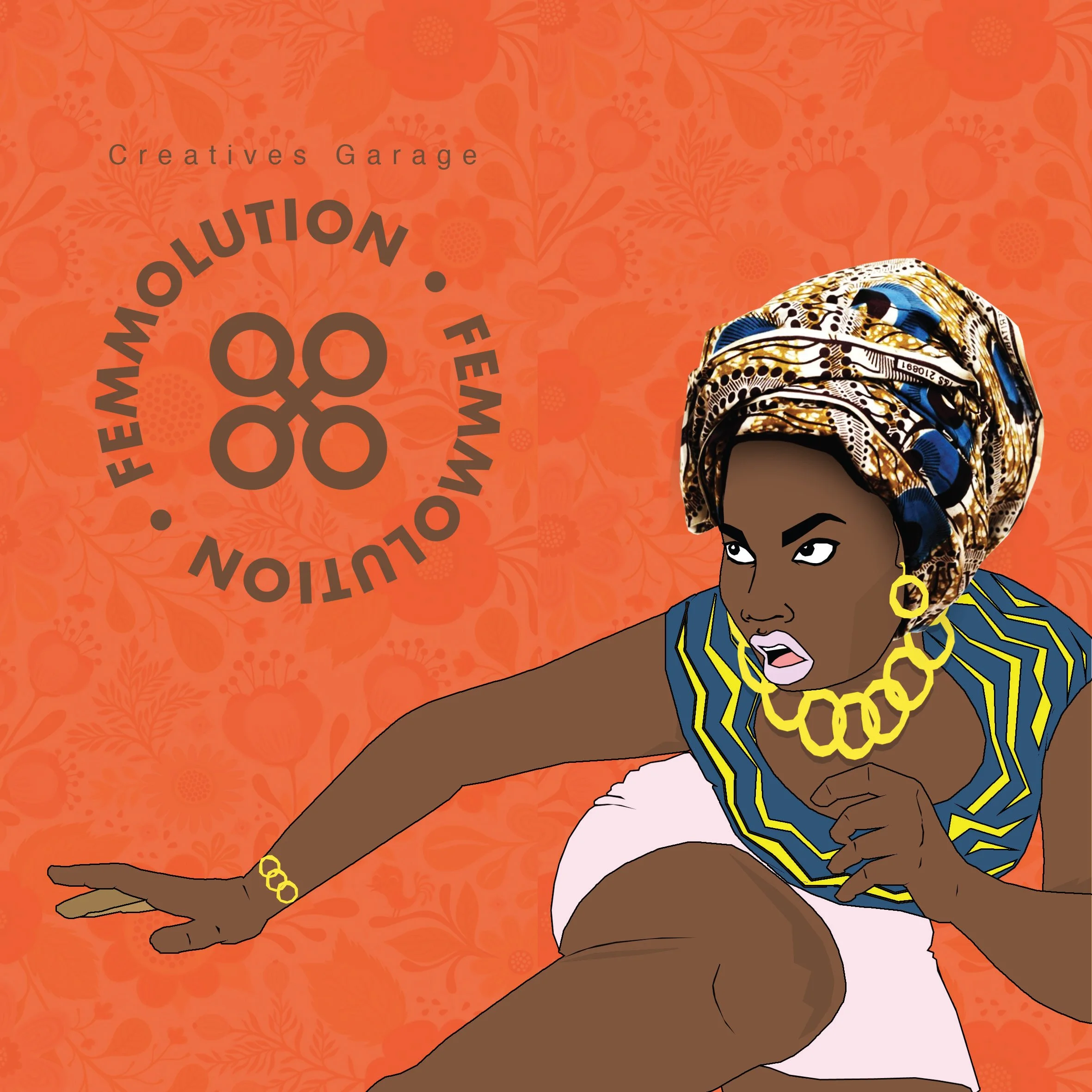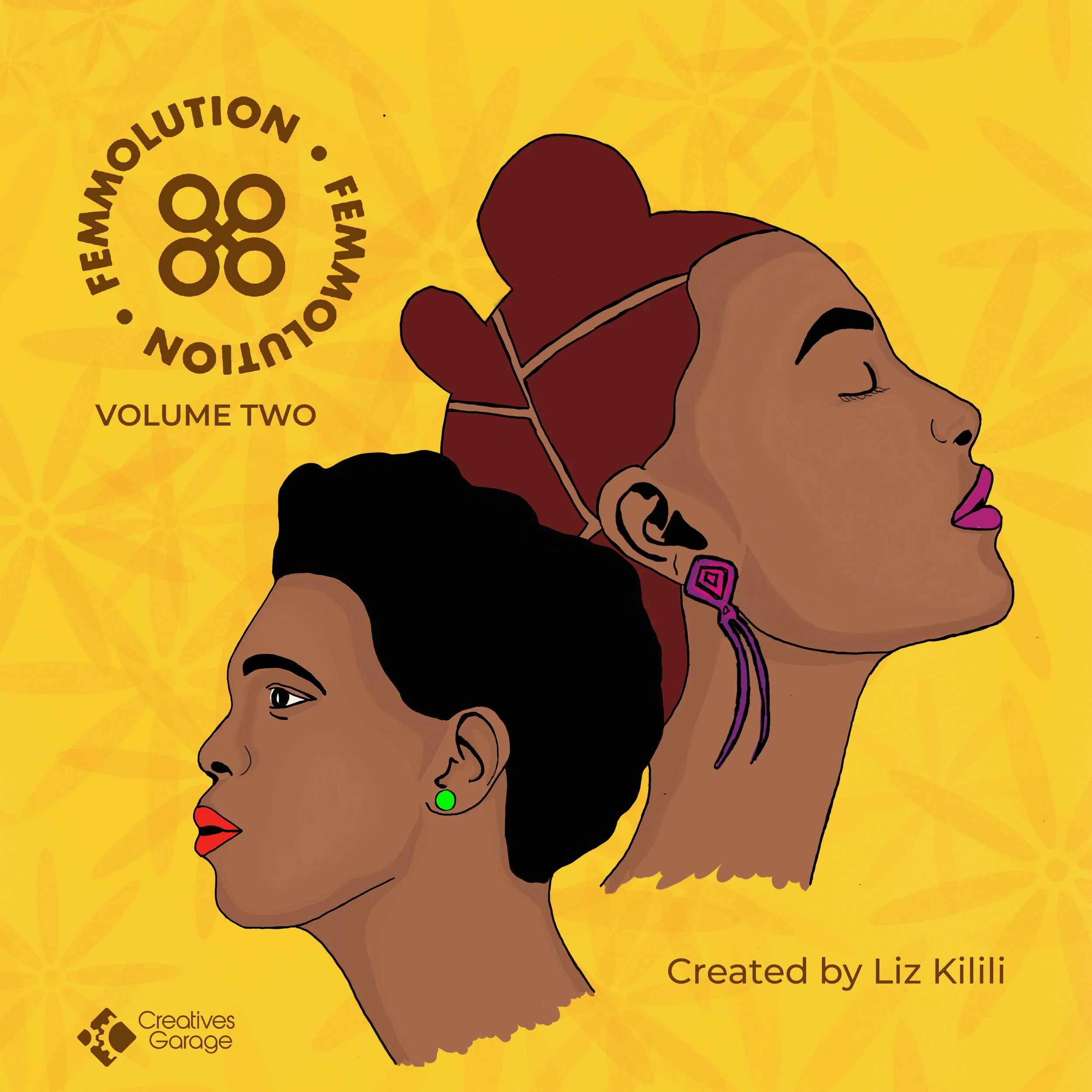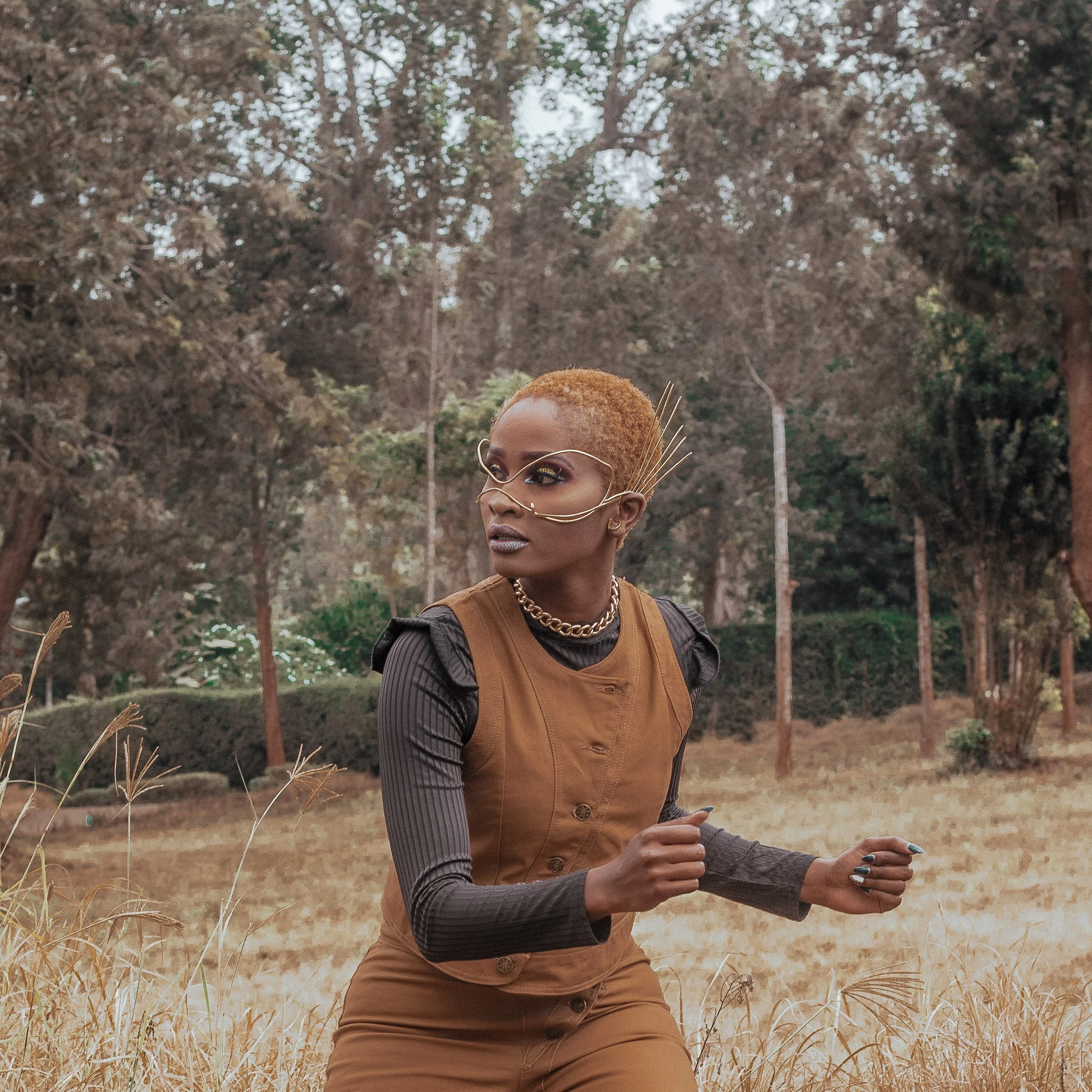LIZ Kilili
Liz Kilili, pioneer of Kenya’s creative industry
Name: Liz Kilili
Organisation: Creative Garage
Location: Nairobi, Kenya
Links: www.creativesgarage.org
www.ispeak.creativescarage.org
Overview: Liz is the woman behind Creatives Garage, a multi-disciplinary collective space for creatives to network, share ideas, collaborate, learn, gain market accessibility and push boundaries. Their goal is to create a thriving eco-system that impacts investment opportunities to deliver financial and social double bottom-line returns. They work with visual artists, performing artists and tech innovators who are social change agents in society. Creatives Garage is a registered Arts Trust based in Nairobi. It was founded in 2013 with the aim of bringing together Kenya’s creative and artistic community. Liz has achieved more for the creative industry in East Africa in a short while than others have in a lifetime. Their brainchild Creatives Garage and its accompanying creativity and innovation Sondeka Festival, have spearheaded projects and movements that have helped the creative industry grow in both policy and output and still continue even after the project goals have been brought to fruition.
Action & Results: Today, the trust has a network of 13,000 (and growing) creatives that they connect to work and business opportunities. For over 8 years they have worked to make positive contributions through the key strategic pillars: cultural networks, social innovations, market access and cultural activism. Creatives Garage create and distribute content fed by varied African narratives. They film scripts written by undiscovered talent, publish books by revolutionary women, host live and virtual art gallery showings, develop games, record and distribute podcasts, host virtual festivals and other projects in the creative industry. They work on content by Africans for Africans that the world needs and wants to see. Creatives Garage projects include archiving and distributing African music and oral history from various parts of Kenya, publishing interactive audio-visual content, and building an e-commerce website and Apps. Authentic African stories are being told all the time, but low production value and poor distribution mean that they are not getting the attention they deserve. Too often, African stories have been told by people who are not Africans. African culture and society is shown through a foreign lens that completely ignores the lived experiences of people. Not only that, but growing up viewing art from this skewed viewpoint has led to African artists creating work from that skewed viewpoint. It's time to decolonise African art.
It all began as a dream to create a space where creatives from all walks of life can come together to network, collaborate and push the boundaries of the creative scene. As well as the need for networking opportunities, Liz identified a demand for practical training. Film school courses are still very theoretical, with students often graduating without having held a real camera. To address this, Liz set up master classes and started an equipment pool, which allows creatives to borrow sound and video equipment without having to invest individually, something which is out of reach for the majority of Kenyan creatives.
Journey: After graduating from film school, Liz initially worked at a TV station and as a wedding photographer. However in 2012 they found themselves feeling increasingly uncomfortable in mainstream industry, as as a self-styled ‘rebel’ and they were longing to strike out independently. However, there were few opportunities to network, making it hard to find other creative professionals for collaboration. At this point the internet was much less developed in Kenya, and there was no easy way to connect music producers, actors, film creators etc. As a woman, Liz has often felt that her job would be much easier if she were a man. They have witnessed the struggles of females artists in Kenya, and notes that when Creatives Garage does a call out for creatives, often they are overwhelmingly male. To counteract this, Liz has prioritised the telling of women’s stories. They explain that the current narrative is from a man’s perspective, and they believe if people start listening to women’s voices they will start to change their way of thinking. With this, Creatives Garage has been able to publish two editions of Femmolution and an anthology written by women. The books feature more than 60 women who have shared stories of love, family, loss and everything in between. Under Femmolution they have also been able to create two albums featuring women from Kenya, Zambia, South Africa, Ghana and other countries around Africa. Currently under the Femmolution flagship, they are creating a kids book highlighting amazing women with the sole purpose to inspire the next generation of women.
Another notable project is ‘Reserved for men’ podcast which tells the stories of women in jobs that are typically seen as ‘for men’, such as female boxers, lawyers, rugby players and construction workers. Recently they have set up Baiskeli, a flagship store for creatives to sell their art, music, merchandise and books as well as Cryptosoko an online platform that educates and helps creatives dive into the world of NFTs. For the first collection of NFTs, Creatives Garage commissioned 4 female artists to create a collection that will be sold through Cryptosoko. Liz is also passionate about representing LGBTQI+ voices, something which is particularly difficult due to the political climate, through both digital media and a book with a collection of stories from members of Kenya’s LGBTQI+ community. Despite some gay films being banned by the government, Liz talks about creative ways of working around such restrictions, which they describe as ‘playing games’, for example by submitting a huge database of films at once for licensing, with a few LGBTQI+ films hidden among them.
Looking to the future, Liz is keen to continue to push boundaries, both expanding into new technologies such as new media, augmented reality, alternate reality and virtual reality, as well as continuing to keep pushing and challenging orthodox ways of thinking. They criticise the mainstream media, who shy away from any topics that might be controversial or be criticised by the powerful religious lobby.
Support: One of the main struggles for creatives is how to get to market. Liz has worked hard to provide a platform for emerging artists to get their stories out. Their focus is allowing Africans to tell their own stories, on bringing African narratives to the public, both in Africa itself and internationally. The most important element of support for Liz is access to publishing houses and online platforms that could host their content, as well as organisations that they might be able to partner with.





